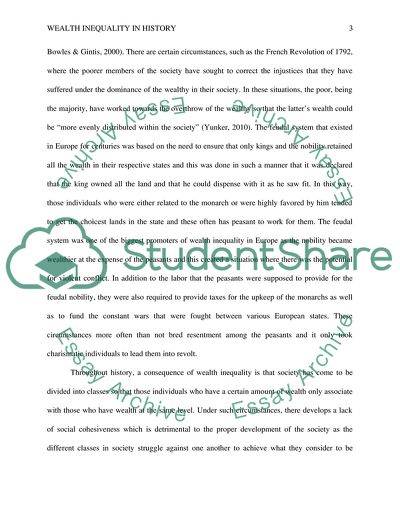Cite this document
(Consequences of Wealth Inequality in History Research Paper, n.d.)
Consequences of Wealth Inequality in History Research Paper. Retrieved from https://studentshare.org/social-science/1834208-consequences-of-wealth-inequality-in-history
Consequences of Wealth Inequality in History Research Paper. Retrieved from https://studentshare.org/social-science/1834208-consequences-of-wealth-inequality-in-history
(Consequences of Wealth Inequality in History Research Paper)
Consequences of Wealth Inequality in History Research Paper. https://studentshare.org/social-science/1834208-consequences-of-wealth-inequality-in-history.
Consequences of Wealth Inequality in History Research Paper. https://studentshare.org/social-science/1834208-consequences-of-wealth-inequality-in-history.
“Consequences of Wealth Inequality in History Research Paper”, n.d. https://studentshare.org/social-science/1834208-consequences-of-wealth-inequality-in-history.


